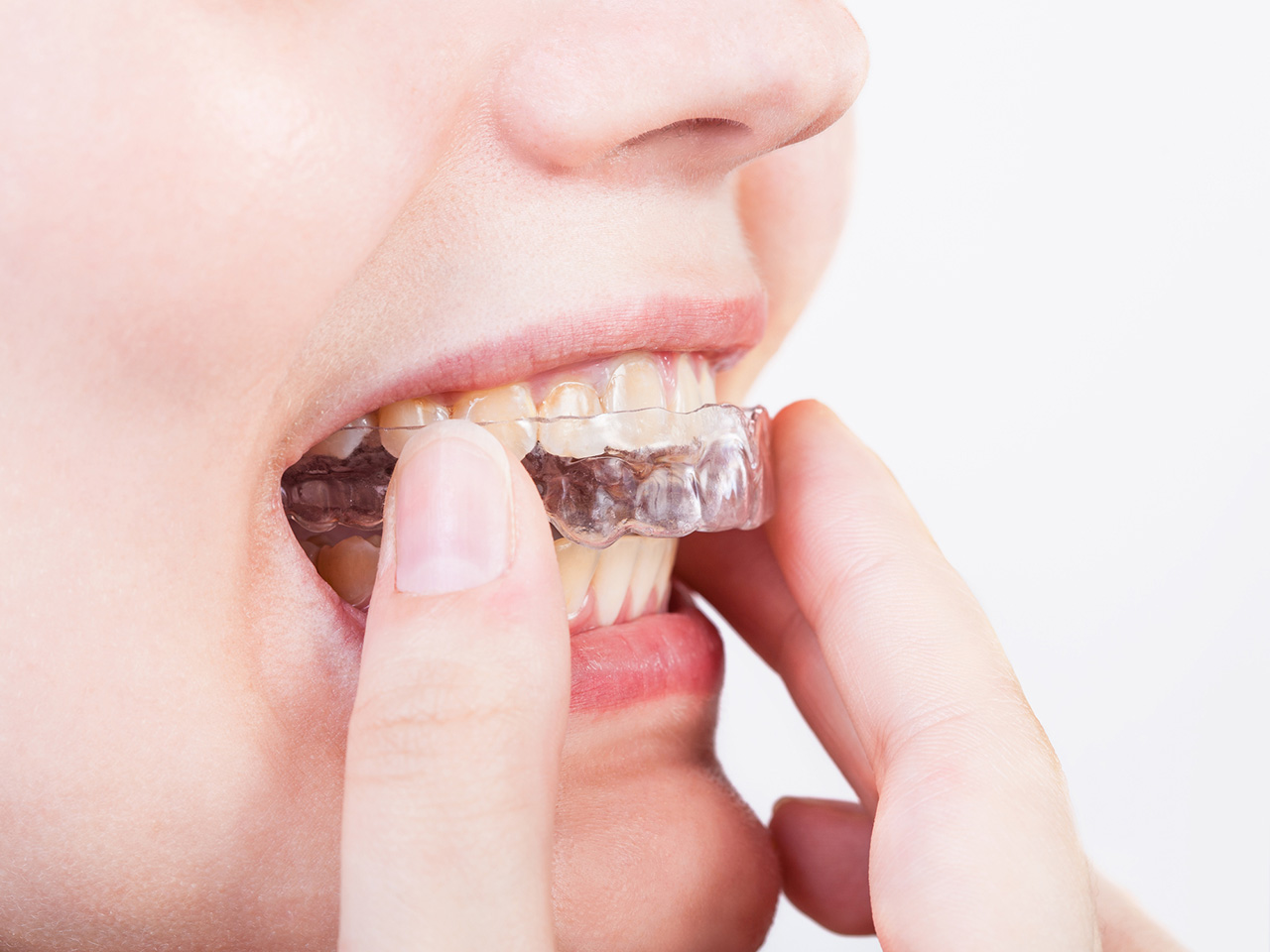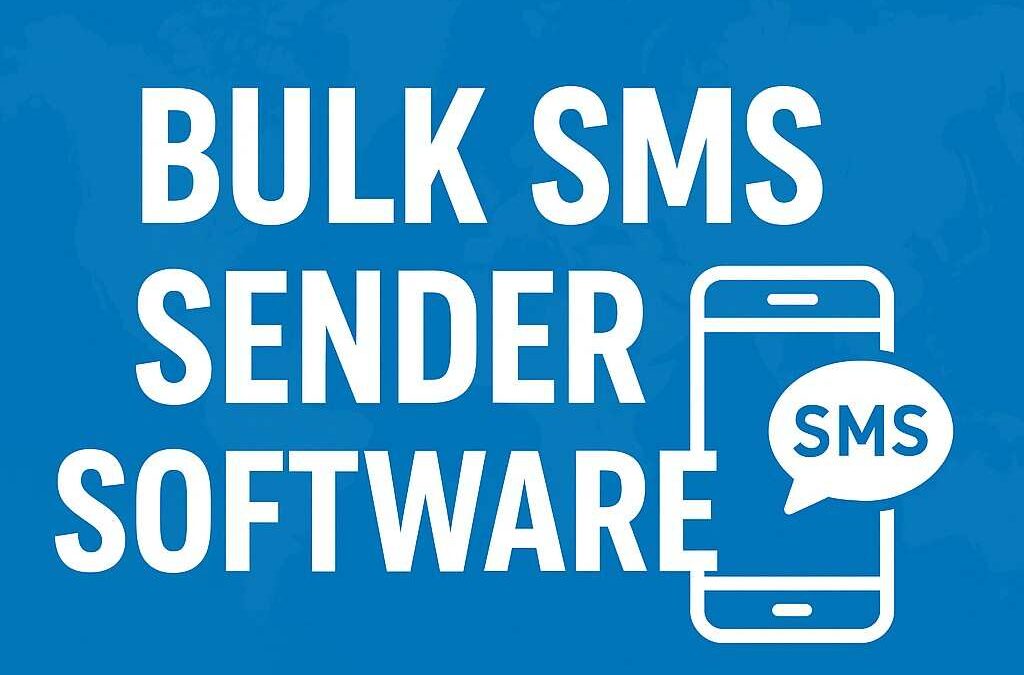Sleep apnea is a serious condition where breathing repeatedly stops and starts during sleep, often leaving individuals exhausted and at risk for long-term health complications. While treatments like CPAP machines are widely known, many patients are now exploring alternative options such as dental mouthguards. Professionally designed mouthguards in Dubai are becoming a popular solution for people struggling with mild to moderate sleep apnea, offering a less intrusive approach compared to traditional therapies.
Understanding Sleep Apnea:
Sleep apnea occurs when the airway becomes partially or completely blocked during sleep, leading to interrupted breathing patterns. This can cause snoring, daytime fatigue, and increased risks for heart disease, stroke, and high blood pressure. The condition is often underdiagnosed because its symptoms occur at night, but seeking early treatment is critical for overall health and quality of life.
The Role of Mouthguards in Treatment:
Mouthguards for sleep apnea, also called oral appliances, are specifically designed to reposition the lower jaw and tongue to keep the airway open during sleep. By preventing airway collapse, they help improve airflow and reduce snoring. This makes them particularly effective for individuals with mild to moderate obstructive sleep apnea who cannot tolerate CPAP therapy.
How Dental Mouthguards Work:
Unlike standard sports mouthguards, sleep apnea devices are crafted with precision to address airway obstruction. Their functions include:
-
Gently shifting the lower jaw forward to prevent airway collapse
-
Holding the tongue in place to stop it from blocking airflow
-
Improving oxygen flow throughout the night for uninterrupted breathing
-
Reducing or eliminating snoring that often accompanies sleep apnea
This simple yet effective mechanism allows many patients to sleep more peacefully without relying on bulky equipment.
Benefits of Using Mouthguards for Sleep Apnea:
Oral appliances offer several advantages over other treatment methods:
-
Greater comfort compared to CPAP masks
-
Portability and ease of travel
-
Silent operation with no machine noise
-
Less invasive than surgical procedures
-
Enhanced compliance rates, as patients are more likely to use them consistently
These benefits make dental mouthguards an appealing option for patients seeking both comfort and practicality.
Who Is a Good Candidate?:
Not everyone with sleep apnea can benefit equally from mouthguards. Ideal candidates include:
-
Patients with mild to moderate obstructive sleep apnea
-
Those who experience loud snoring and disrupted sleep
-
Individuals unable to tolerate CPAP machines
-
Patients seeking a portable and convenient solution
-
People without severe jaw alignment or dental issues
A thorough dental and medical evaluation is essential before recommending this treatment.
Comparison to CPAP Therapy:
Continuous Positive Airway Pressure (CPAP) therapy is considered the gold standard for moderate to severe sleep apnea, but many patients find it difficult to adapt to. Mouthguards offer a more comfortable and less intimidating alternative. While CPAP is generally more effective for severe cases, oral appliances are often sufficient for mild to moderate conditions, especially for patients struggling with compliance.
Custom vs. Over-the-Counter Devices:
Over-the-counter mouthguards may be marketed for snoring, but they lack the precision and effectiveness of custom-made dental appliances. Custom devices are designed using impressions of the patient’s teeth, ensuring a proper fit and long-term comfort. The benefits of custom mouthguards include:
-
Enhanced durability and strength
-
Tailored fit to prevent jaw discomfort
-
Professional adjustments for optimal effectiveness
-
Better long-term outcomes compared to store-bought devices
This customization ensures the device does not just mask symptoms but provides genuine therapeutic benefits.
Possible Side Effects:
Like any treatment, mouthguards for sleep apnea may cause minor side effects, especially during the adjustment period. Common issues include:
-
Jaw soreness or stiffness in the morning
-
Excessive salivation or dry mouth
-
Temporary changes in bite alignment
-
Gum or tooth sensitivity
These effects usually diminish over time as the patient adapts to the device. Regular follow-ups with a dentist ensure that the appliance continues to function comfortably and effectively.
Maintenance and Care:
Caring for a sleep apnea mouthguard is essential for both hygiene and longevity. Dentists recommend:
-
Cleaning daily with a soft toothbrush and mild soap
-
Rinsing thoroughly before and after use
-
Storing in a ventilated case to avoid bacterial buildup
-
Avoiding exposure to hot water or direct heat to prevent warping
-
Bringing the device to dental checkups for inspection and adjustments
Proper care extends the life of the mouthguard and maintains its effectiveness.
The Importance of Professional Guidance:
Although mouthguards for sleep apnea are effective, they must be fitted and monitored by a dental professional. Self-treatment with generic devices can be ineffective or even harmful. Dentists trained in sleep medicine collaborate with sleep specialists to ensure the device is addressing the underlying condition safely and efficiently.
Final Thoughts:
Mouthguards for sleep apnea are proving to be a reliable, patient-friendly alternative to traditional treatment options. For individuals with mild to moderate obstructive sleep apnea, they offer improved comfort, better compliance, and a significant reduction in symptoms. With professional guidance, custom-designed mouthguards in Dubai can help patients breathe easier, sleep more soundly, and protect their long-term health. They are more than just dental devices—they are life-changing tools for better rest and overall wellness.







0 Comments